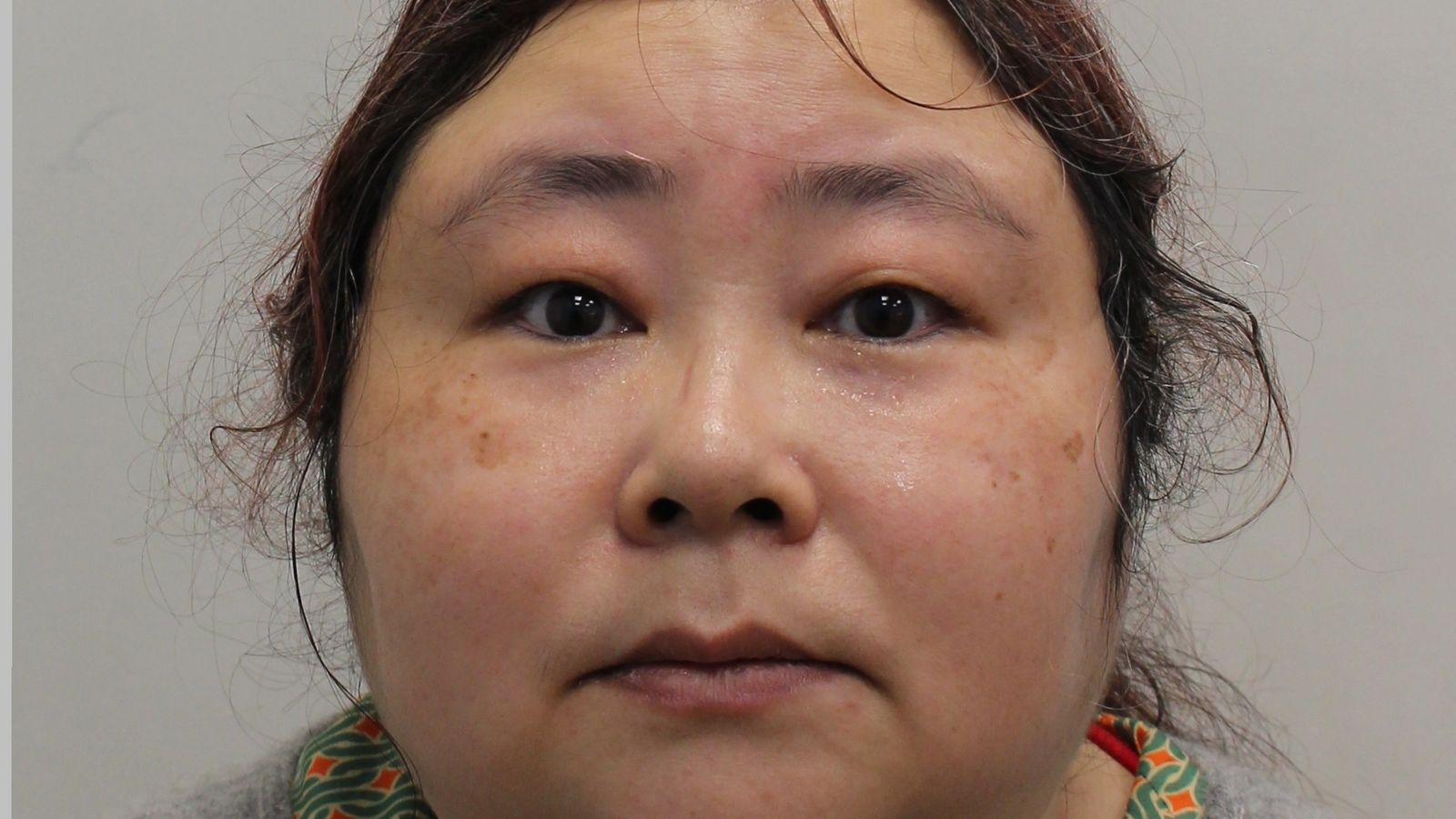UK Court Sees Guilty Plea in What May Be the Largest Cryptocurrency Seizure Case Ever
UK Court Sees Guilty Plea in What May Be the Largest Cryptocurrency Seizure Case Ever
By
Rachel Steinberg
Last updated:
September 30, 2025
First Published:
September 30, 2025

Photo: Sky News
A Historic Legal Milestone
In a landmark development for cryptocurrency regulation, Zhimin Qian, also known as Zhang Yadi, has pleaded guilty to charges of money laundering in connection with what is believed to be the world's largest cryptocurrency seizure. This case underscores the increasing scrutiny and enforcement actions surrounding digital assets.
Background: The Fraudulent Scheme
Between 2014 and 2017, Qian orchestrated a fraudulent investment scheme through her company, Tianjin Lantian Gerui Electronic Technology, in China. The scheme promised investors returns of up to 300% and claimed involvement in bitcoin mining. However, it was later revealed that the company was a vehicle for a massive Ponzi scheme, defrauding over 128,000 individuals and raising approximately 40 billion yuan (about £4.5 billion).
The Seizure: Discovery of 61,000 Bitcoins
In 2018, UK authorities raided a property in Hampstead, London, and discovered devices containing over 61,000 bitcoins, valued at approximately £5.5 billion at the time. This seizure is considered one of the largest in cryptocurrency history and highlights the challenges law enforcement faces in tracing and recovering digital assets.
Qian's Flight and Arrest
Following the collapse of her scheme, Qian fled China in 2017, allegedly due to a government crackdown on crypto entrepreneurs. She entered the UK using a fake passport and remained at large until her arrest in April 2024. Her arrest marked a significant breakthrough in international efforts to combat cryptocurrency-related crimes.
Legal Proceedings and Guilty Plea
On September 29, 2025, Qian pleaded guilty at Southwark Crown Court to charges of possessing and transferring criminal property under the Proceeds of Crime Act. Her guilty plea came on the first day of her trial, and sentencing is pending.
International Cooperation and Asset Recovery
The case involved extensive international cooperation between UK and Chinese authorities. In addition to the UK seizure, authorities also confiscated two properties in Dubai linked to Qian's associate, Jian Wen, who was later jailed for nearly seven years for his role in the laundering operation. The UK government has imposed a £3 million recovery order on Wen, further emphasizing the global nature of the crime and the collaborative efforts required for asset recovery.
Implications for the Cryptocurrency Industry
This case serves as a stark reminder of the potential for abuse within the cryptocurrency space. It underscores the importance of implementing robust regulatory frameworks and compliance measures to prevent fraudulent activities. The UK's proactive approach in this case may set a precedent for other nations in addressing cryptocurrency-related crimes.
Public Perception and Market Impact
The guilty plea and subsequent seizure have had a significant impact on public perception of cryptocurrencies. While digital assets continue to gain mainstream acceptance, incidents like this highlight the need for increased transparency and accountability within the industry. Investors and regulators alike are closely monitoring developments to ensure the integrity of the market.
Looking Ahead: Future Enforcement Actions
As authorities continue to investigate and prosecute cryptocurrency-related crimes, this case may serve as a model for future enforcement actions. The lessons learned from this investigation could inform strategies for combating similar schemes and enhancing the security and reliability of digital asset markets.
A Turning Point in Cryptocurrency Regulation
Zhimin Qian's guilty plea marks a significant milestone in the ongoing efforts to regulate and oversee the cryptocurrency industry. It highlights the necessity for comprehensive regulatory frameworks and international cooperation to address the complexities of digital asset-related crimes. As the industry continues to evolve, this case may serve as a pivotal reference point for future regulatory initiatives and enforcement actions.
Popular articles
Subscribe to unlock premium content
Disney’s Timeless Magic and How the Entertainment Giant Continues to Shape Culture and Innovation

Imran Khan’s Economic Missteps Amid Political Chaos in Pakistan

The Philippines’ Digital Shift How Remittances and BPO Are Fueling Growth

Disney’s Timeless Magic and How the Entertainment Giant Continues to Shape Culture and Innovation

Imran Khan’s Economic Missteps Amid Political Chaos in Pakistan

Disney’s Timeless Magic and How the Entertainment Giant Continues to Shape Culture and Innovation









